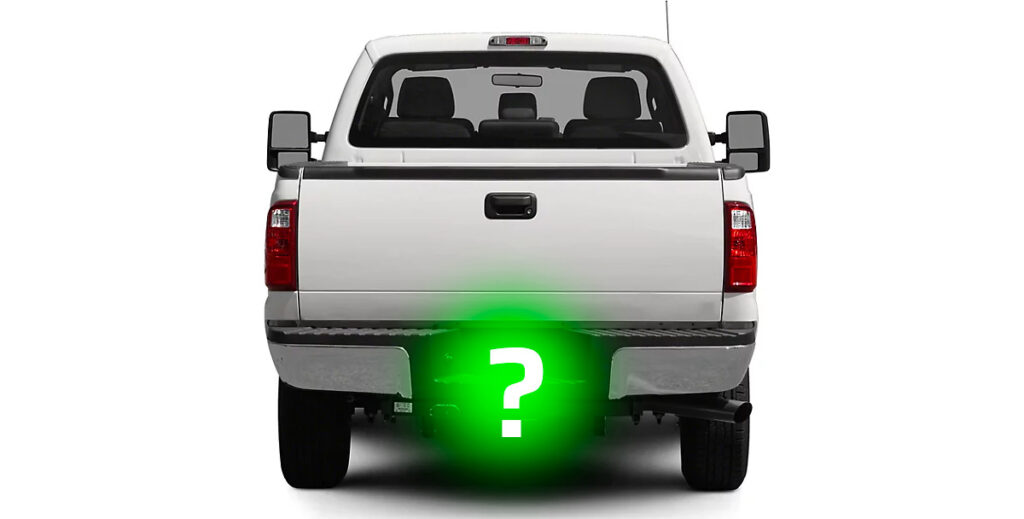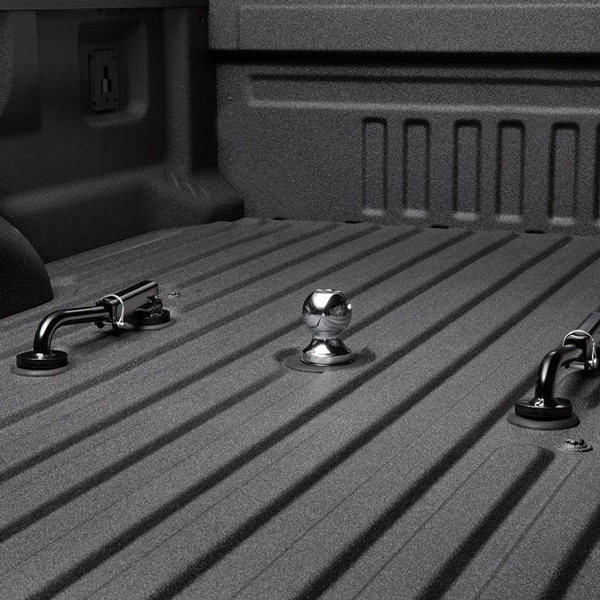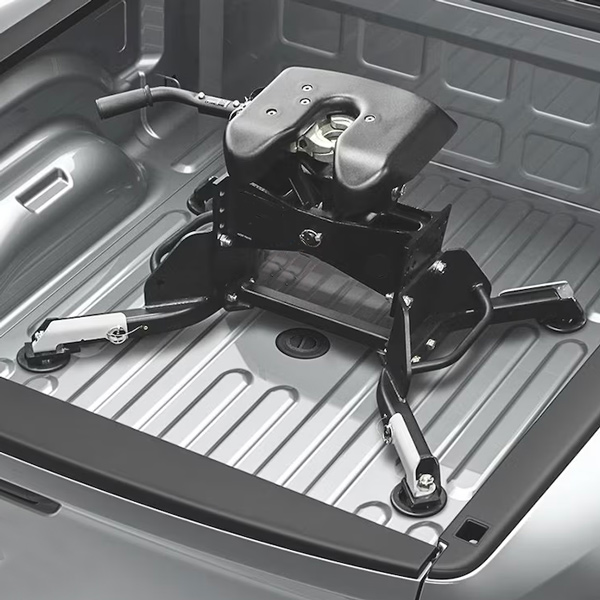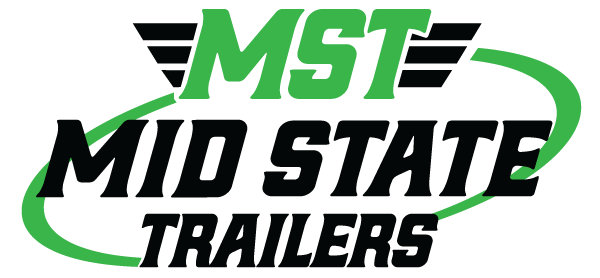An exploration of the different types of trailer hitches for commercial trailers

Understanding the Basics: What is a Trailer Hitch?
Let’s start with the basics. A trailer hitch is like the handshake between your truck and the trailer. Its job is pretty crucial – to create a solid and steady connection, so you can tow your loads without any drama. When you’re dealing with commercial trailers, getting to know the different hitch types becomes a must.The Classic Ball Hitch: Perfect for Light Loads
The ball hitch, also known as the bumper pull hitch, is the most common type you’ll come across. It consists of a ball mounted on the rear bumper of your truck, which connects to the trailer’s coupler. Ball hitches are ideal for lighter loads and are often used for small utility trailers, camping trailers, or boat trailers.
However, for hot shotters and heavier commercial loads, you might find the ball hitch a bit limited. If you’re looking to step up your towing game, it’s time to explore other options.

The Mighty Gooseneck Trailer Hitch: A Hot Shotter's Best Friend
Enter the gooseneck trailer hitch, a favorite among hot shotters and those dealing with substantial payloads. This type of hitch features a ball, much like the classic ball hitch, but it’s mounted in the bed of the truck rather than on the bumper. This design enhances stability and weight distribution, making it perfect for heavy-duty hauling.
Gooseneck hitches are commonly used in the agriculture and construction industries. They offer excellent maneuverability and are known for their ability to handle tight turns with ease. If you’re planning on transporting sizable loads and need the flexibility to navigate diverse terrains, a gooseneck hitch might be your best bet.

5th Wheel Hitch: King of Comfort and Stability
If you’re seeking the utmost stability and comfort while towing, the 5th wheel hitch is the reigning king. This type of hitch is commonly used in recreational vehicles (RVs) and larger commercial trailers. The 5th wheel hitch is characterized by a large, horseshoe-shaped coupling device that connects to a kingpin on the trailer.
One of the primary advantages of the 5th wheel hitch is its ability to distribute weight more evenly, reducing the strain on the truck and providing a smoother ride. This makes it an excellent choice for long hauls or extended road trips where comfort is key.

Understanding the Classes: Breaking Down the Numbers
Now that we’ve looked at the primary trailer hitch types, let’s get into the nitty-gritty – the classification system. Trailer hitches are divided into five classes, each indicating the weight they can handle without any issues. Knowing these classes is essential to make sure you pick a hitch that can manage the weight of your load.
Class I: Light-Duty
Class I hitches are designed for light-duty towing and can typically handle loads up to 2,000 pounds. These hitches are perfect for small trailers, such as those used for hauling bikes, canoes, or lightweight camping gear. If you’re dipping your toes into towing for the first time, a Class I hitch might be the right fit.

Class II: Medium-Duty
Stepping up the ladder, Class II hitches are suitable for medium-duty towing, accommodating loads up to 3,500 pounds. This class is often chosen for towing small boats, pop-up campers, or larger utility trailers. If you’re planning on towing moderately heavy loads without diving into heavy-duty territory, a Class II hitch could be your go-to option.

Class III: Heavy-Duty
Class III hitches are where things start to get serious. With a towing capacity of up to 6,000 pounds, these hitches are ideal for towing larger trailers, such as those used for horse trailers, mid-sized campers, or small boats. If your hauling needs lean towards the heavier side, a Class III hitch is worth considering.

Class IV: Extra Heavy-Duty
For those dealing with substantial loads, Class IV hitches step into the arena. These heavy-duty hitches can tow up to 10,000 pounds, making them suitable for larger boats, RVs, or heavier equipment. If you’re in the hot shot business or regularly towing sizable loads, a Class IV hitch provides the strength and stability you need.

Class V: Super Duty
At the top of the hierarchy, we have Class V hitches – the super duty champions. With a towing capacity exceeding 10,000 pounds, these hitches are reserved for the toughest towing challenges. If you’re in the construction industry, regularly hauling heavy equipment, or managing large commercial trailers, a Class V hitch is your powerhouse solution.

Choosing the Right Hitch for Your Truck
Now that you’re armed with knowledge about the different types and classes of trailer hitches, it’s time to narrow down your options based on your specific needs. Consider the following factors when making your decision:
Type of Trailer: The type of trailer you’ll be towing plays a significant role in choosing the right hitch. Gooseneck hitches are great for hot shots, while 5th wheel hitches provide unparalleled stability for larger trailers. For more information on the different trailer types, you can visit our blog post on the topic here.
Load Capacity: Assess the weight of the loads you’ll be towing regularly. Make sure to choose a hitch class that comfortably accommodates the weight of your trailer and its contents.
Truck Compatibility: Ensure that the hitch you choose is compatible with your truck. Different trucks may require specific hitch installations, so it’s essential to check your vehicle’s towing capacity and hitch compatibility.
Ease of Use: Consider your comfort and experience level with towing. Ball hitches are generally easier for beginners, while pintle hitches and 5th wheel hitches may require more skill and precision.
Terrain and Maneuverability: If you anticipate navigating tight turns or rough terrains, opt for a hitch that provides the maneuverability and stability required for such conditions.
Wrapping Up the Hitch Hunt
As you step into the world of commercial trailers, keep in mind that selecting the right trailer hitch goes beyond technicalities – it’s an investment in the safety and efficiency of your hauling efforts. Whether you’re a hot shot trucker , a construction pro, or someone just looking to broaden their towing experiences, the perfect hitch is out there for you.
So, go ahead – hitch your trailer, hit the road, and let your hauling adventures begin! Safe travels!
